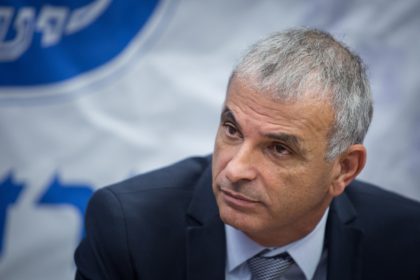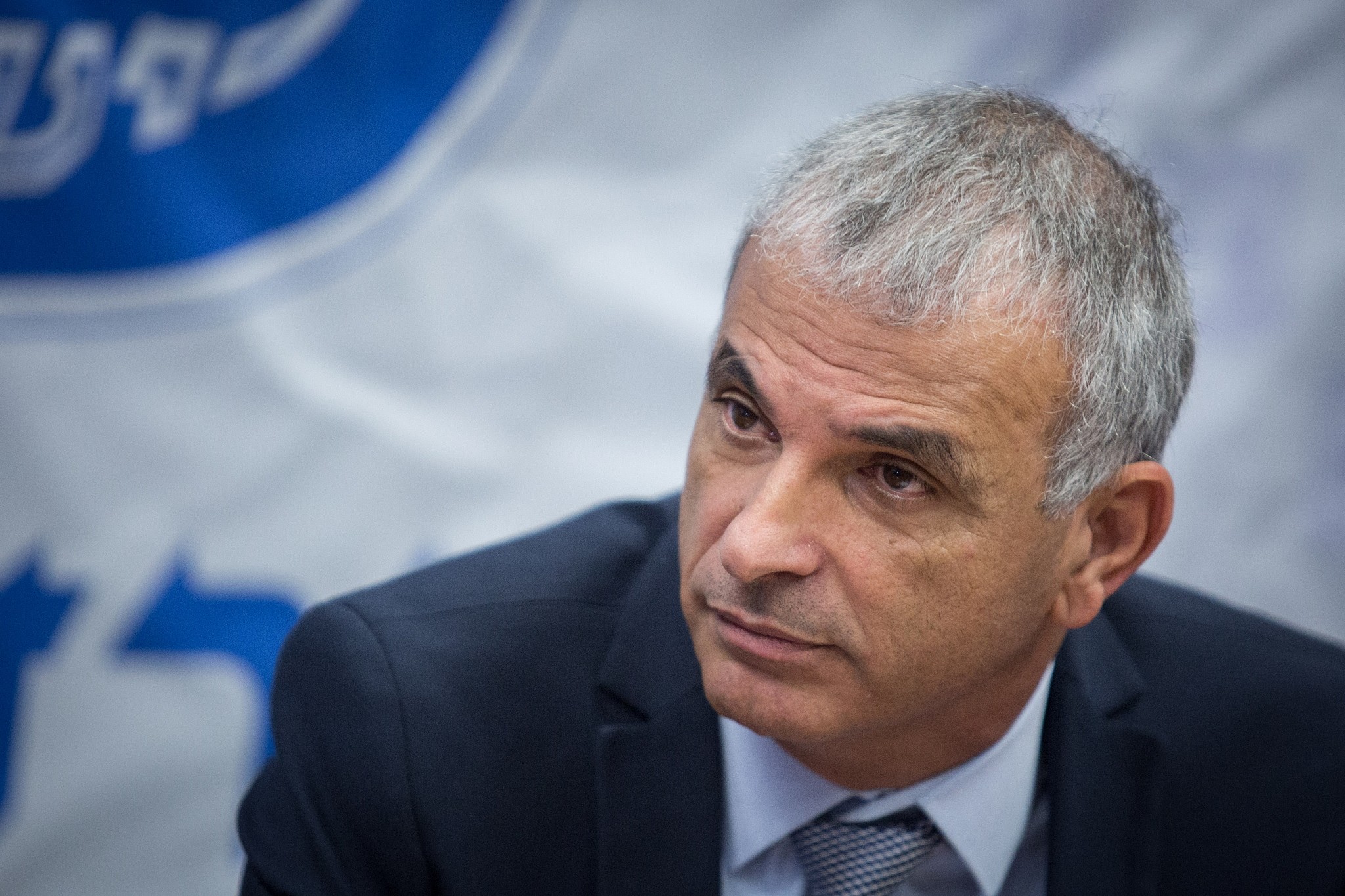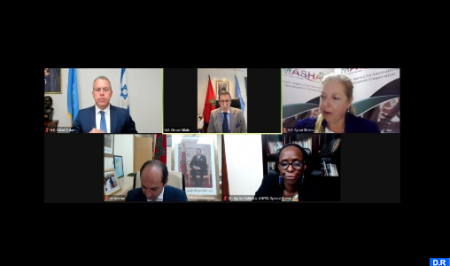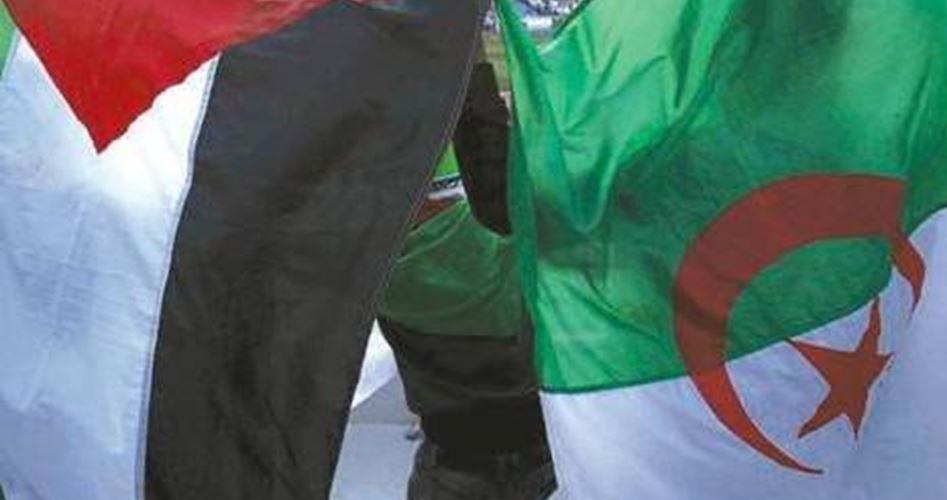 Israel is looking to convince the U.S. and the European Union to support economic development of the West Bank as key for peace with Palestinians, Bloomberg reports.
Israel is looking to convince the U.S. and the European Union to support economic development of the West Bank as key for peace with Palestinians, Bloomberg reports.
Finance Minister and Knesset member, Moshe Kahlon is pushing a plan to build a joint industrial zones, ease movement out of the West Bank and allow the Palestinian Authority to collect its own customs taxes, the media said.
According to Bloomberg, the Israeli official will meet with U.S. Treasury Secretary Steven Mnuchin and with President Donald Trump’s Mideast peace envoy, Jason Greenblatt, for talks on the plan.
“It isn’t always visible, but the economy makes an important contribution to what’s going on,” Kahlon said.
“I’m a great believer in political process through economy.’’
President Donald Trump has boasted he will propose the deal of the century for the decades-long conflict between Palestinians and Israeli. The deal, which has not been hashed out yet is already rejected by Palestinians as it takes Jerusalem off the negotiation table following the U.S. leader’s recognition of the old city in September as Israel’s capital. Palestinians want to make of the eastern part of the holy city the capital of their future state.
The Trump administration on the other hand said Israel will have to pay a price of the decision. The White House’s conditions for Israel include improvement of the economic conditions in the West Bank, which has been under Israeli forces’ control.
Kahlon’s plan has received quick rejection in Ramallah with the Palestinian Authority (PA) arguing that any measures to help the economy in the West Bank must come in the framework of a comprehensive political deal negotiated with the PA.
Azmi Abdel Rahman, a spokesman for the PA Economy Ministry called Kahlon’s endeavor a “unilateral” step.
Kahlon’s plan comprises a joint industrial park to employ Arabs and Jews, less restricted crossing of Palestinians in the West Bank into Israel to work, as well as creation of “bonded warehouses where Palestinian officials could collect their own customs taxes, estimated at about $273 million per year.”
The plan does not include Gaza, controlled by the Islamist movement Hamas, which Israel and western countries have labelled as a terrorist group.
Gaza is housing over 2 million Palestinians trapped by the Israeli blockade, in place since 2007, following the takeover of the strip by Hamas after it won the elections.
Egypt has also almost permanently closed the only border with the world for Palestinians in the costal enclave over Hamas’ alleged assistance to militant groups fighting its forces in restive Sinai.



